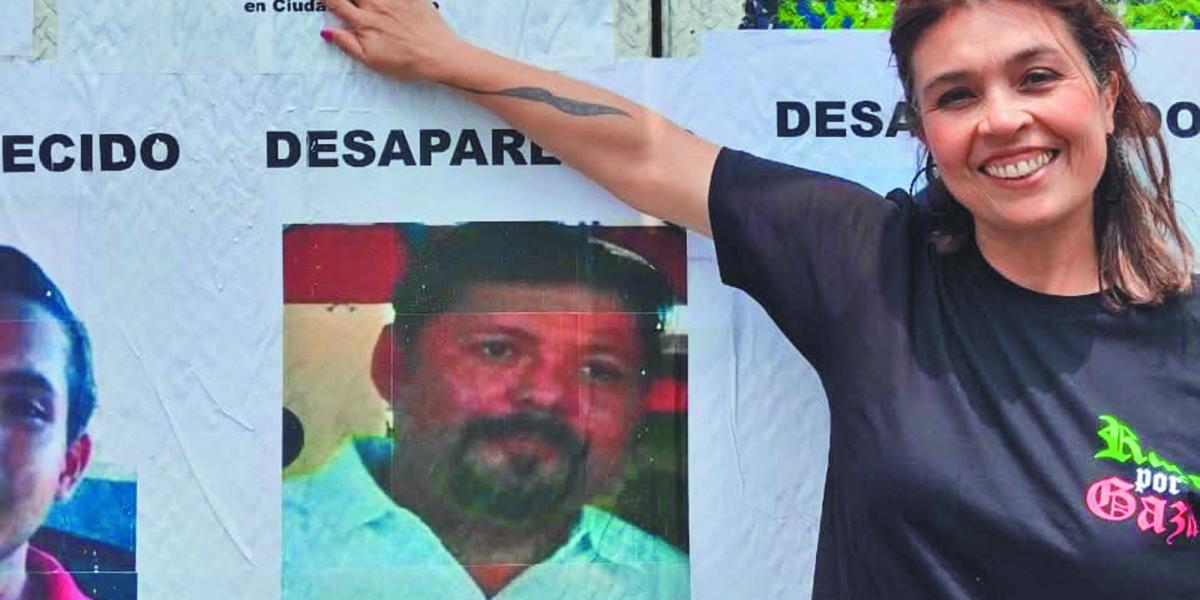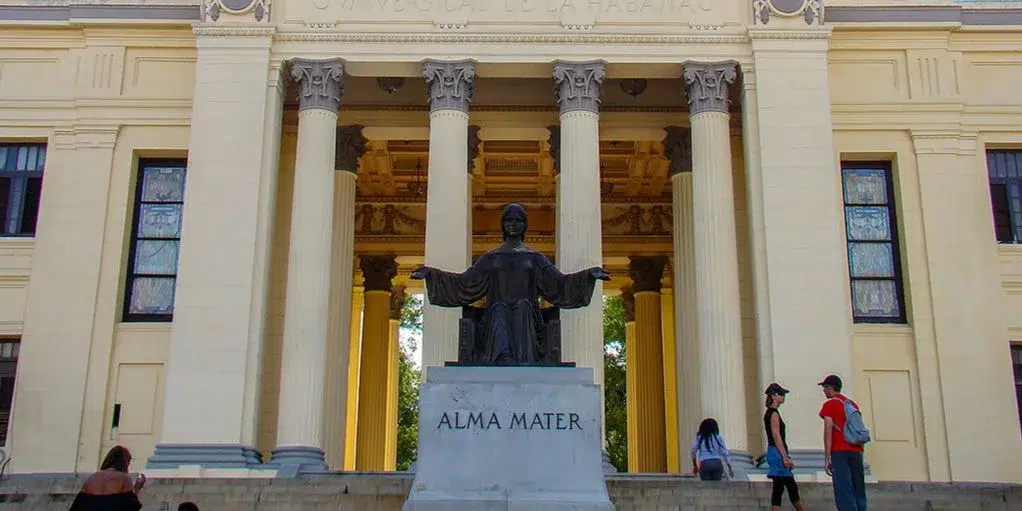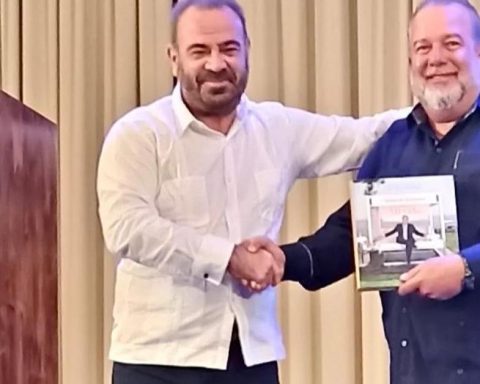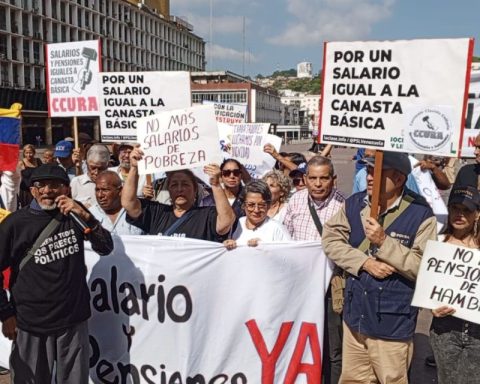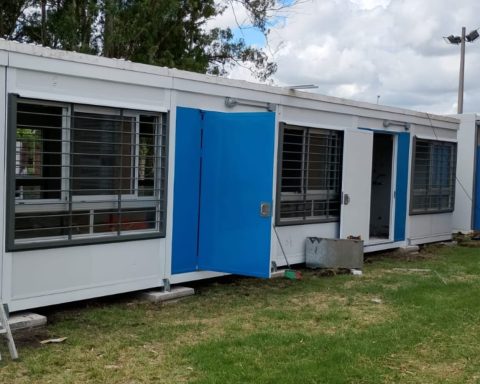The 17th edition of the Book and the Rose Festival, which starts tomorrow at the Universitario Cultural Center of the UNAM as a parent company, will be memory as one of its axis themes. Under the motto “Exile, memories and reunions”, this editorial meeting that year after year summons more and more public around their conversation tables, editorial and artistic presentations will address the different faces of the social polyhedron of the preservation of the record of the social struggles, of its protagonists, of the displacements, of the resistance of the original peoples through their languages, among many other topics that make vertex In that vast and valuable word: memory.
Precisely this Friday, April 15, during the first day of the meeting, the Chihuahuan historian and researcher Alicia de los Ríos will chat with the journalist Marcela Turrati under the theme “Alicia’s flights: search, ties and research”, one of those necessary exercises for the weighting of absent people.
Alicia de los Ríos Merino, mother of the researcher referred to before and militant of the Communist League September 23, a strong participant of the social struggles, she was disappeared in January 1978. Her daughter has dedicated life, with her profession in between, to the search, to the meeting of evidence, progress, of signs about her whereabouts. He suspects that his mother was one of the victims of the so -called “dirty war” in Mexico who were thrown into the sea in this period.
“I started as a search engine being a girl”
The researcher Alicia de los Ríos talks with this newspaper about the struggle she has fought for decades to gather clues about her mother’s whereabouts and the walls that have run into the way, but also about the relevance of continuing to seek, to remember, not to forget those who are absent and to advocate for the empire of justice over them.
The search for people, of the truth about their disappearances, acknowledges the activist, “is a battle especially against the same time, because, of course, the more time progresses, especially in cases of disappearances, perpetrators die, but also the witnesses and the search engine die.”
“While I did not meet my mother because she was missing when I was 11 months old, I am witnessing those first collectivities who are looking for missing people in Mexico. And I started as a seeker being a girl. I was a little witness of how those first searches were fought in our country of missing people, especially for political issues. Throughout the 48 years I have life, I have not only touched me to fight battles for the right From access to justice, although both still are not guaranteed for families, I have also seen how battles are released by the preservation of the memory of our relatives. ”
Through the page where the missing ones go, the search story of Alicia de los Ríos related by the journalist Marcela Turrati is spread. On this site, with the power conferred by literature and journalistic exercise, with stories several of people, pays for that will for the preservation of memory.
An absolute hermetic point
But the most impassable wall for Alicia and so many families looking for victims of forced disappearance for political reasons stands when the investigations carried out for decades, by the will of civilians looking for civilians, essentially require the consultation and registration of the archives of the Mexican Army.
With the creation of the so -called Truth Commission, during the past six -year term and that, among other characteristics, it had the mechanism of historical clarification, Alicia exposes: “We thought there would be an advance in the cases of disappearance for political reasons of the past. It was an interesting opportunity, but also disappointing to see how when we reached the point where the investigations derive in the army, there they stopped. to patriotic, of this institution ”.
It was at this point, he says, where the relationship with the competent instances of the last government, starting with the Ministry of the Interior, on which said commission depended, was diluted, became rough, “became much more aggressive even with the organizations that represent some of the cases. We understood that this was part of that ultranza defense of the integrity of the Mexican army.”
But Alicia does not stop searching, despite that inexorable handicap that is time, even in front of the impassable institutional walls.
“We are doing proceedings to the interior of the number one military field and the number seven air base, because they are the last places where they saw my mother alive. We since we denounced before the Special Prosecutor’s Office for Social and Political Movements of the past (FAMOSPP), in June 2002, we reque In October 2024, we won an amparo and could enter September.
One of the effects of this historical secrecy, is finally noted that in five decades the cases of disappearance in Mexico have gone from a thousand to around 127 thousand today. “It is a collective crisis with a gravity that also requires serious solutions.”
You can know more about Alicia’s history at:
“With the disappearance of a person, normality in a life disrupts. I did not notice that change in me because it had to grow since childhood with this normality, in quotes, to live in a family with a missing person.”
Alicia de los Ríos, historian and search engine.
Alicia’s case was recorded in the documentary:
- “Eternity did not succumb”
- Address: Daniela Rea
- Year: 2017
